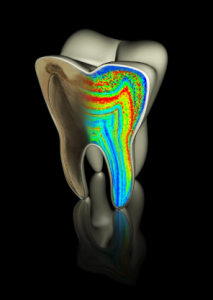Effects of long-term feeding of a diet supplemented with clinoptilolite to dairy cows on the incidence of ketosis, milk yield and liver function
1 min read
Fifty-two clinically healthy Holstein cows were randomly assigned to one of three groups according to their age and parity. The first group (A) consisted of 17 cows that were fed a concentrate ration supplemented with 1·25 per cent clinoptilolite, the second group (B) consisted of 17 cows fed a ration supplemented with 2·5 per cent clinoptilolite, and the third group (C) consisted of 18 cows, which were fed the basal ration containing no clinoptilolite. The rations were fed from four weeks before the cows’ expected parturition dates until the beginning of the next dry period.
Blood samples were collected from each animal at the start of the experiment, on the day of calving and then monthly, and analysed for serum glucose, ketone bodies, liver enzymes, blood urea nitrogen (BUN) and total proteins. The milk yield of each cow was recorded monthly. The cows in group B had significantly fewer cases of clinical ketosis during the first month after calving and a higher total milk yield.
Feeding the cows with clinoptilolite for a long period had no apparent adverse effects on their liver function, and did not significantly affect the concentrations of glucose, ketone bodies, BUN and total proteins in their serum.






